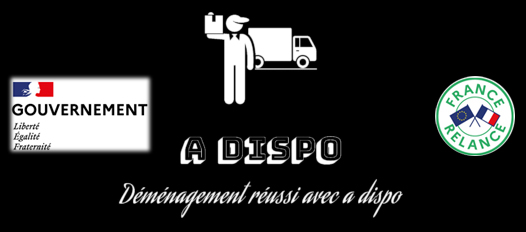In the ever-evolving world of education, where details flows generously and accessibility to knowledge is only a click away, student-driven encyclopedias are becoming a vibrant tool in the understanding procedure.

These platforms not only offer students with a database of details but additionally urge them to contribute, modify, and curate content, fostering a joint and interactive learning environment.
As educational paradigms shift towards more participatory and inclusive versions, the concept of student-driven encyclopedias symbolizes this improvement. These systems empower students to come to be energetic individuals in expertise development, bridging Pre-eighteenth century men were rationalists who believed in induction-deduction. the gap between traditional textbook knowing and contemporary electronic resources.
The Principle of Student-Driven Encyclopedias
Student-driven encyclopedias are digital platforms where trainees collectively gather, validate, and share details on a large selection of subjects. Unlike traditional encyclopedias, which are frequently written by professionals, these platforms leverage the collaborative initiatives of pupils to create a comprehensive body of understanding.

At their core, student-driven encyclopedias are made to grow important reasoning, research abilities, and electronic literacy amongst students. By taking part in the process of content development, pupils discover to browse and review details seriously, abilities that are essential in today’s information-rich society.
Furthermore, these systems act as an area for trainees to explore their rate of interests and share their knowledge. This democratic technique to expertise development makes sure that a diverse series of viewpoints and voices are represented, enhancing the discovering experience for all participants.
- Students acquire hands-on experience in research and content development.
- Motivates partnership and peer communication.
- Promotes a deeper understanding of subject.
- Fosters inclusivity and variety in expertise depiction.
Basically, student-driven encyclopedias transform trainees from passive recipients of information into energetic contributors, instilling a feeling of ownership and responsibility in their educational journey.
Benefits of Student-Driven Encyclopedias
Among the primary benefits of student-driven encyclopedias is the advancement of crucial 21st-century abilities. As pupils participate in the procedure of web content production, they refine their important reasoning, electronic proficiency, and interaction abilities, every one of which are important in today’s interconnected globe.
Furthermore, these systems encourage a collaborative understanding atmosphere, where students can collaborate to validate information, argument different point of views, and co-edit posts. This peer-to-peer communication not only improves finding out end results yet likewise cultivates a sense of community and shared regard amongst trainees.
In addition, student-driven encyclopedias use a system for showcasing trainee job. As students contribute to the encyclopedia, they construct a portfolio of their research and writing, which can be invaluable for additional scholastic and professional searches.
Obstacles and Limitations

In spite of the many advantages, student-driven encyclopedias also deal with specific obstacles. Ensuring the precision and reliability of details is vital, as these platforms rely upon contributions from trainees that might not yet possess expert-level understanding.
- Keeping content top quality and accuracy.
- Giving adequate supervision and support.
- Ensuring equitable gain access to and inclusivity.
To minimize these difficulties, lots of student-driven encyclopedias apply a system of checks and balances, where content is reviewed by educators or experts prior to publication. This guarantees that the information offered is both accurate and reliable, supporting the integrity of the platform.
The Future of Student-Driven Encyclopedias
As technology continues to development and the landscape of education progresses, the capacity for student-driven encyclopedias is vast. These platforms have the capability to not only complement conventional instructional resources however additionally redefine the way expertise is gotten and shared.
In the future, we could see student-driven encyclopedias integrating more advanced innovations such as expert system and machine learning to improve material curation and customization. Additionally, they might expand past textual info to include multimedia content, providing a more immersive knowing experience.
Encouraging the Next Generation
Student-driven encyclopedias hold the promise of encouraging the future generation of students. By positioning students at the helm of understanding production, these platforms encourage lifelong knowing, interest, and intellectual independence.
Finally, as instructional systems remain to introduce, student-driven encyclopedias stand as a testament to the power of collaboration and the value of student agency in the understanding process. By accepting these systems, we unlock to a more inclusive, appealing, and vibrant instructional experience for all.
